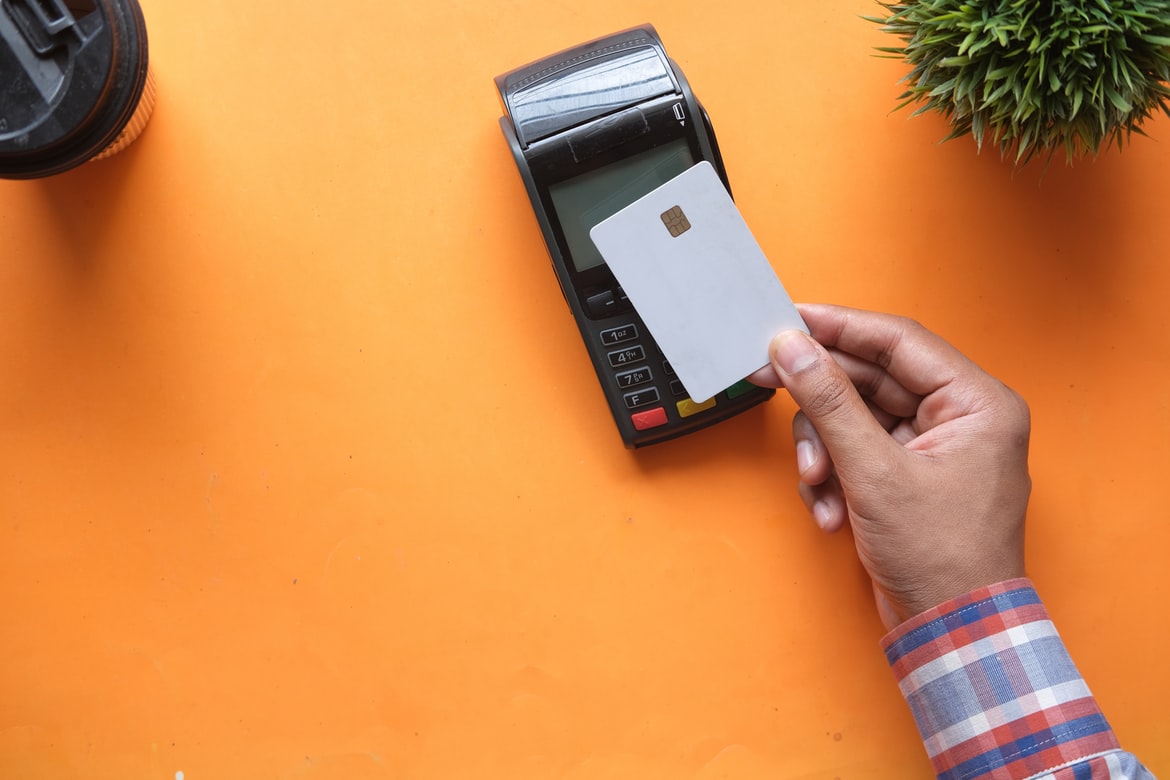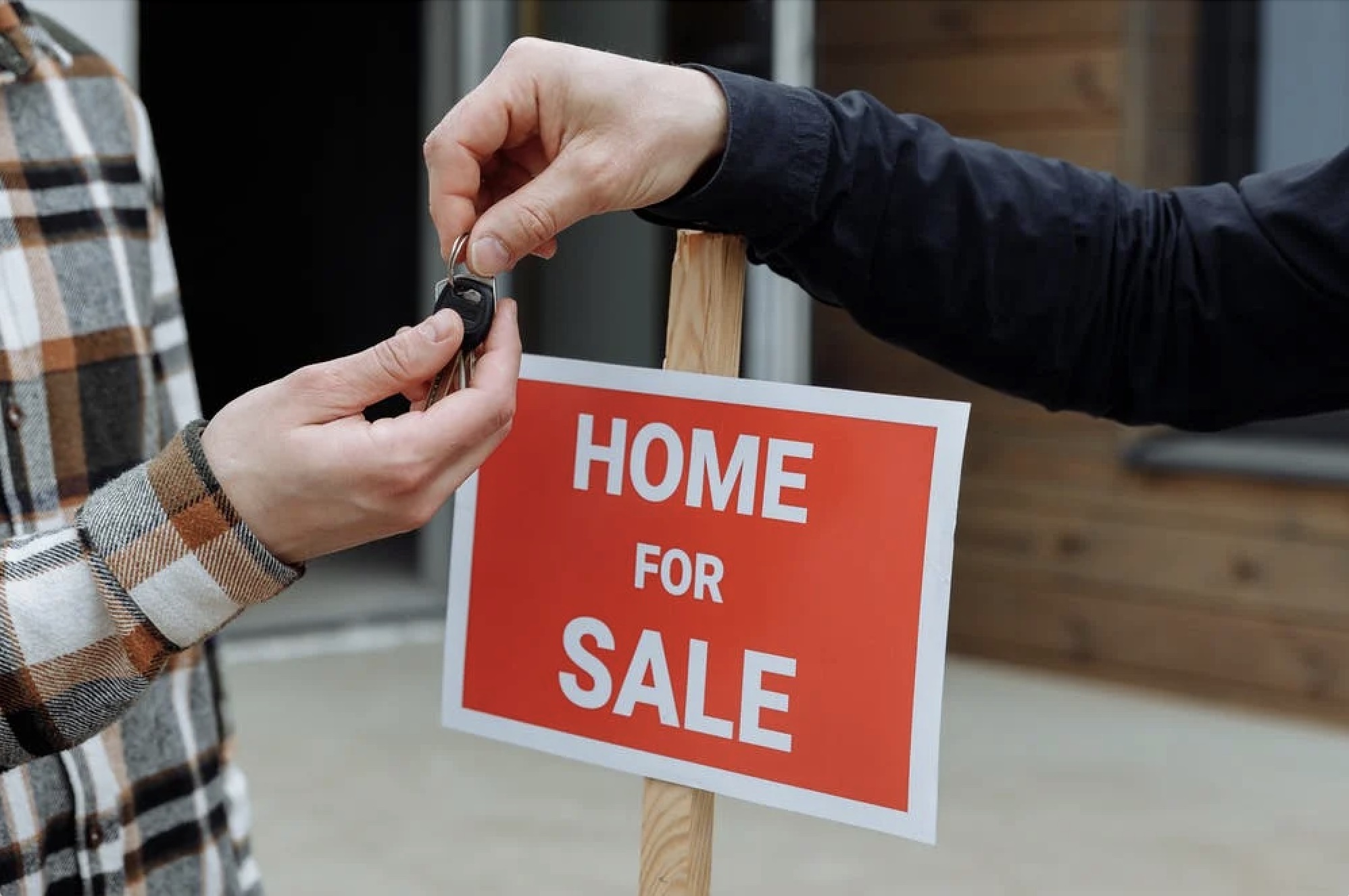
Seniors increasingly targeted by scammers: just hang up
___
Published Date 11/8/2019
You’ve experienced them — those phone calls from unfamiliar area codes. If you answer there is a lag time for response and someone begins jabbering about selling you something. Chances are good that you quickly hang up and proceed to block the number from future calls, sometimes swearing under your breath.
For seniors, this happens in even greater frequency because older Americans are often more trusting and have more to lose. In this case, the person calling is trying to invoke fear, saying that unless they give them their personal financial info, something bad will happen — a law enforcement officer will show up at their front door within 24 hours or their savings accounts will be emptied.
MoneyTalkNews’ Jim Gold reports that seniors become the target more often than other demographics because they are not only more trusting, but are not as likely to report scams if they fear friends and family will think they can’t manage their own affairs anymore. The FBI is quoted saying, “People who grew up in the 1930s, 1940s, and 1950s were generally raised to be polite and trusting. Con artists exploit these traits, knowing that it is difficult or impossible for these individuals to say ‘no’ or just hang up the telephone.” And Gold goes on to say that these criminals defraud or steal an estimated $3 billion from seniors every year, according to the U.S. Department of Justice.
Scammer targets have become more diversified over time, and not all use the phone to lure their prey. Some focus on seniors who use the internet to find affordable medications, according to the National Council on aging. Fake drugs masquerading as legitimate medicines may worsen your health conditions, the FBI warns. The drugs may look real, but they can be contaminated, expired, or otherwise unsafe, as reported by the FDA. Fake online pharmacies may also misuse any personal information you provide, infect your computer with viruses or sell your personal information to other rogue operators.
Getting back to phone scams, one need not be a senior to fall for them when asked to “act now or miss out on a great deal.” But seniors are the most common victims, making twice as many purchases over the phone as the national average, says the National Council on Aging. The caller most often rants on about gifts, vacations or prizes, asks you to send money or your credit card number for “handling charges” for you to receive it, and always, always resist providing references or encourages you to review the offer with someone you trust.
Elderly homeowners are often good bait for scammers, with fraudsters sending personalized letters disguised as official County Assessor’s Office business. It’s easy for them to find a property’s assessed value in public records and offer homeowners (for a price) help in getting a reassessment done to lower property taxes. “The FBI cautions to watch out for offers of free homes, home flips, help with refinancing, investments, foreclosure or refinancing ‘opportunities,’ says Gold. “These scammers prey on seniors at church, in “investment seminars” and on TV, radio, billboards, and mailers particularly.”
Among the most common scams are from those saying they represent the Social Security Administration with a call identifier that looks legit (1-800-772-1213). A voice tells you that your Social Security number has been suspended because of suspicious or criminal activity and asks that you to confirm your Social Security number. If you hesitate, the caller warns that your bank account will be seized, and suggests you move money onto gift cards and share the numbers and PINs for those.
Know this: the SSA rarely makes calls to anyone, let alone making threatening ones. These are spoofs. The caller probably won’t know your Social Security number until you give it to them. Never give your Social Security number, bank information, or credit card number to anyone who contacts you unexpectedly. Hang up, go to SSA.gov and click on “Contact Us” at the bottom of the page to get in touch with the agency yourself. To report any scam, contact the FTC’s Complaint Assistant website.
There are dozens of more reasons to NEVER give any personal information over the phone, among them:
- being asked to verify your SSN or identifying number on your Medicare card
- imitation vacation rental listings: scammers might steal actual listings and simply change the contact information, assuming the identity of the real lister.
- tech support scams involving a telemarketing call from someone claiming to be from an established technology company. If you give them any information, they are likely to break into your computer and rob your bank account by offering you their security software installation services.
- fake charities (usually immediately following a natural disaster). If they are legit, they will have a web site and can wait for you to check them out and contribute later. Usually, they want your money on the spot.
- “Grandparent” scams from people poised as relatives who are in legal trouble and need money. The scammer might cull information about the victim’s actual grandkids from social media, or wait for the confused victim to give a clue as to whom they should be impersonating.
The list goes on and on, but Gold and others trying to protect seniors from these scam artists recommend that you say “no, thank you,” hang up or ignore anyone calling from a number you don’t recognize or someone you don’t know. And while anonymous phone contact is rarely used by legitimate agencies, don’t answer emails from people looking to talk to you about anything mentioned here.
Sources: MoneyTalkNews, SeniorLiving, TBWS
All information furnished has been forwarded to you and is provided by thetbwsgroup only for informational purposes. Forecasting shall be considered as events which may be expected but not guaranteed. Neither the forwarding party and/or company nor thetbwsgroup assume any responsibility to any person who relies on information or forecasting contained in this report and disclaims all liability in respect to decisions or actions, or lack thereof based on any or all of the contents of this report.
Superior Funding Corporation is a Massachusetts Mortgage Company. Massachusetts Mortgage Lender and Broker License: MC2972, NMLS ID: 2972.


Roman Shulman
Mortgage Professional
NMLS: 11481
Superior Funding Corporation
343 Washington Street, Newton MA
Company NMLS: 2972
Office: 617-938-3900
Email: rshulman@sfcorp.net
Web: http://sfcorp.net

Roman Shulman
___
Mortgage Professional
NMLS: 11481
Last articles
___

Markets see a minor rebound
4/17/2024
Overnight a little volatility but well within the narrow range, the 10 year note... view more

Rate cuts in 2024? There’s no ‘there there’ quite yet
4/15/2024
Inflation jumped in March, giving the U.S. Federal Reserve ammunition to hold of... view more

Markets experience major setback on higher than expected CPI
4/10/2024
The day the world awaited, March CPI. Prior to the 8:30 am ET release the 10 yea... view more

Contradiction of robust job growth and a sluggish housing market isn’t over yet
4/8/2024
For the past few years, fears of a recession have been fickle, teasing us at eve... view more

The ADP Private Jobs report was much stronger than expected
4/3/2024
US financial markets continue to reel over the concerns the Fed may withhold the... view more

2024 remodeling trends? A new sink instead of a new bathroom
4/1/2024
It was just a few years ago when mask-wearing homeowners lined up at the big box... view more

Volatility remains low
3/27/2024
Markets started the day fractionally better, the 10 year note at 8 am ET 4.22% -... view more

NAR settlement may mean commission rebates if you recently sold your home
3/25/2024
While agents are still sorting out what all this means for their business, the m... view more

Markets will be focused on the FOMC Interest Rate Decision and Policy Statement this afternoon
3/20/2024
FOMC meeting at 2 pm ET, Powell’s press conference at 2:30 pm. At the meeting, t... view more

Seismic shift in real estate arrives with NAR settlement
3/18/2024
No doubt about it. The real estate industry just got hit with a massive life cha... view more
Load more
 Superior Funding Corporation
Superior Funding Corporation





































